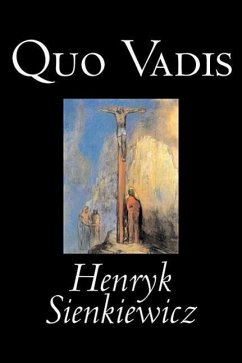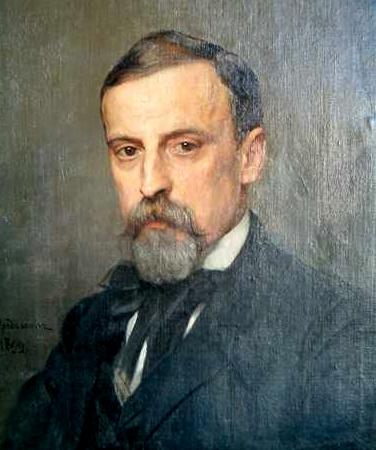Quo Vadis tells a powerful tale of love and redemption in a time of ultimate danger -- for Christians and Romans alike. "Quo vadis Domine" is Latin for "Where are you going, Lord?" and alludes to the apocryphal Acts of Peter, in which Peter flees Rome but on his way meets Jesus and asks him why he is going to Rome. Jesus says, "I am going back to be crucified again", which makes Peter go back to Rome and accept martyrdom. It is a phrase of great meaning to Christians. The author of Quo Vadis, Henryk Sienkiewicz, was awarded the Nobel Prize for literature in 1905, and the enduring popularity of Quo Vadis contributed greatly to the award. Set in Rome in the time of Nero, Quo Vadis tells the story of Roman tribune Marcus, who falls in love with a beautiful Christian girl, Ligia.
Hinweis: Dieser Artikel kann nur an eine deutsche Lieferadresse ausgeliefert werden.
Hinweis: Dieser Artikel kann nur an eine deutsche Lieferadresse ausgeliefert werden.









